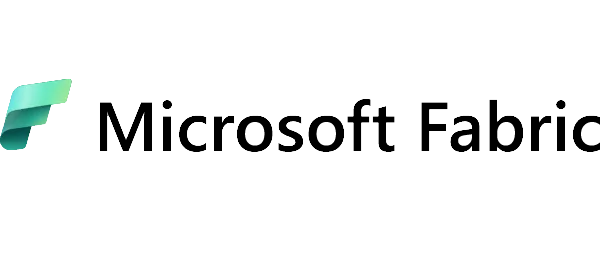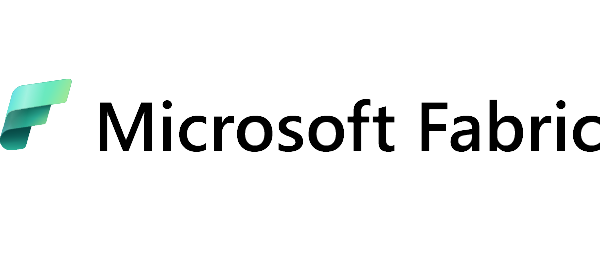
Today’s businesses operate in a rapidly changing environment, where data integration and process automation have become vital to remaining competitive. Microsoft Fabric is a solution that addresses these needs by offering tools and features to manage data, automate processes and support data-driven decision-making effectively. Below are the key features of Microsoft Fabric that can significantly improve your company’s business processes.
Integration of data from different sources
Microsoft Fabric enables the integration of data from different sources, both local and cloud-based. Thus, with the help of this data analytics tool, we can combine data from ERP systems, CRM, analytics platforms and other applications used in the company. Users can connect to popular databases such as SQL Server, Azure Data Lake, and Salesforce.
With its comprehensive integration, MS Fabric makes it easier for organisations to centralise information in one place, eliminating data silos and enabling a more holistic approach to analysis.
Advanced data analysis
One of the most essential features of Microsoft Fabric is advanced data analytics. With built-in analytical tools like Power BI, businesses can perform complex real-time analysis and create advanced reports and data visualisations. This functionality is invaluable for making strategic data-based decisions and supporting rapid responses to changing market conditions.
Power BI, an integral part of Microsoft Fabric, offers various analytical capabilities, from basic data visualisation to advanced predictive models. Employees without specialist knowledge can use intuitive dashboards to transform data into easy-to-read reports and visualisations.
Process automation with the help of Power Automate
Microsoft Fabric offers the possibility of automating business processes with Power Automate. This tool enables the creation of workflows that automatically perform repetitive tasks such as processing invoices, generating reports or monitoring logistics processes. Automation reduces errors and increases efficiency, particularly in organisations where repetitive tasks strain human resources.
Power Automate enables the creation of advanced workflows with minimal coding, meaning that even non-technical people can create automated processes without IT teams.
Safety and regulatory compliance
In the digital age, data security is a priority. Microsoft Fabric is equipped with advanced data protection mechanisms, ensuring compliance with key regulations such as GDPR. Users can control access to data at the individual record level, protecting critical information from unauthorised access.
Using technologies such as Azure Active Directory gives users full control over identity and privilege management. This solution is ideal for companies operating in industries that require a high level of security, such as finance, healthcare or the public sector.
Integration with AI and Machine Learning tools
An important functionality of Microsoft Fabric is its ability to integrate with AI and Machine Learning tools. Microsoft offers built-in solutions, such as Azure Machine Learning, that enable companies to deploy predictive models and machine learning algorithms into daily operations. This helps businesses to use predictive analytics to support sales forecasting, risk analysis or personalisation of customer offerings.
Integration with AI does not require specialised programming knowledge, allowing even smaller companies to exploit the potential of artificial intelligence.
Data management and workflow control
Microsoft Fabric gives companies complete control over the flow of data and management of processes within the organisation. Users can monitor processes, control performance, and manage access permissions with a central dashboard. This makes it easier for organisations to control every step of data management and better align operational activities with business needs.
The data management function is particularly useful when the organisation works with large volumes of data. It allows for better resource planning and the elimination of bottlenecks in operational processes.
Integration into the Microsoft 365 ecosystem
Microsoft Fabric fully integrates with the Microsoft 365 ecosystem, enabling seamless connectivity with tools like SharePoint, Outlook, and Teams. For example, users can generate Power BI reports directly in Teams, facilitating collaboration and speeding up decision-making.
This enables employees to use the tools they are familiar with effectively, resulting in higher productivity and more consistent business processes. Integration with Microsoft 365 is particularly important for companies already using this ecosystem, as it allows better use of existing tools.
Microsoft Fabric saves business
Microsoft Fabric is a versatile tool that can significantly improve your organisation’s business processes. Integration with diverse data sources, advanced analytics, process automation, data security, AI and Machine Learning support, and tight integration with Microsoft 365 are all key features that make Microsoft Fabric the ideal solution for modern businesses.
With these features, companies can optimise their operations, gain valuable insights from data, and improve decision-making. Implementing Microsoft Fabric is a step towards digital transformation and building a competitive advantage in the market.



